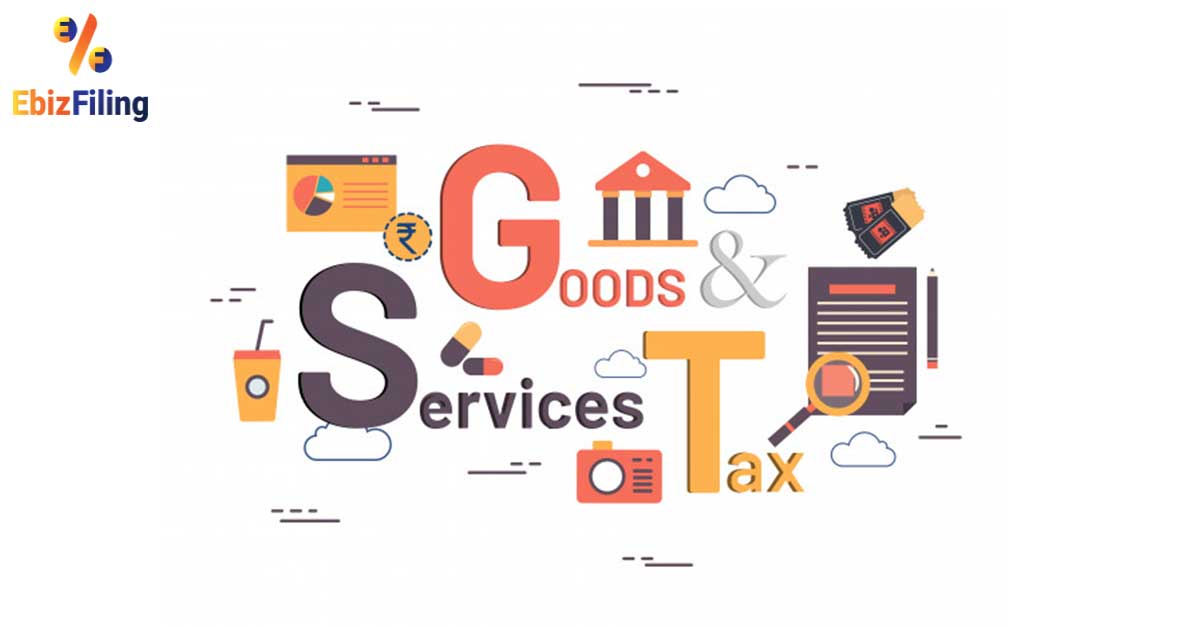Locating Trusted and Effective Best GST Registration Services in Singapore
Locating Trusted and Effective Best GST Registration Services in Singapore
Blog Article
From Begin to Finish: The Ultimate Roadmap to GST Registration for Services Seeking Financial Security
Browsing the intricacies of Product and Solutions Tax Obligation (GST) enrollment is a vital action for businesses pursuing economic stability. From comprehending the fundamental principles of GST to adhering to post-registration standards, the procedure can appear discouraging at very first look. Breaking down the roadmap right into manageable steps can streamline the registration trip for services looking to enhance their economic standing. Allow's check out the crucial elements that make up this utmost roadmap and find exactly how each stage adds to laying a solid foundation for economic success.
Understanding GST Basics
Delving right into the fundamental concepts of Product and Provider Tax (GST) is vital for obtaining an extensive understanding of its implications on companies and the economic climate. Input Tax Obligation Debt (ITC) is a considerable attribute of GST, permitting services to claim credit for tax obligations paid on inputs, decreasing the overall tax concern. Comprehending the essentials of GST is crucial for companies to conform with tax regulations, manage their financial resources effectively, and contribute to the country's economic development by taking part in a clear tax system.
Qualification Requirements for Enrollment
To register for GST, services should satisfy certain eligibility requirements established by the government. The primary eligibility requirement is that any service entailed in the supply of items or services with an annual aggregate turnover above the threshold limit set by the authorities must register for GST. As of the current policies, the threshold limitation for GST registration is an annual accumulation turn over of 40 lakhs for companies operating within a state, besides unique classification states where the limitation is 20 lakhs. Additionally, particular services are required to sign up for GST irrespective of their turnover, such as interstate suppliers, informal taxable persons, and organizations reliant pay tax under the reverse cost device. It is critical for companies to thoroughly analyze their turn over and transaction kinds to identify their GST registration obligations properly. Failing to register for GST when eligible can cause fines and legal consequences, making it essential for organizations to stick to the defined eligibility standards.
Documents Required for Registration
Having satisfied the qualification standards for GST registration, companies must now guarantee they have the requisite documents in area to wage the enrollment procedure efficiently. The records required for GST registration typically consist of proof of company constitution, such as partnership deed, enrollment certification, or unification certificate for different kinds of businesses. Furthermore, services require to give documents developing the primary location of organization, such as a rental contract or power costs. PAN card of business, as well as the identity and address proof of promoters/partners/directors, are important for verification objectives. Financial institution account statements, along with terminated cheques or a duplicate of the bank passbook, are needed to verify the monetary details supplied throughout enrollment. Businesses should have digital signatures prepared for the accredited signatory. Guaranteeing all these documents are arranged and conveniently offered will speed up the GST enrollment procedure, making it possible for services to adhere to tax obligation guidelines seamlessly.
Step-by-Step Enrollment Refine
Commencing the GST registration process includes a series of structured steps to guarantee a certified and seamless registration for companies. The very first step is to visit the GST site and submit the registration kind with accurate information of the company entity. Following this, the applicant receives a Short-term Referral Number (TRN) which is used to resume the application process if it's not completed in one go.
Next, all needed papers as per the checklist provided by the GST portal need to be uploaded. These papers commonly consist of proof of business identification, enrollment and address proofs of promoters, monetary statements, and business entity's PAN card.

Post-Registration Conformity Standards

Conclusion
Finally, organizations looking for monetary security needs to comprehend the basics of GST, meet eligibility criteria, collect essential papers, comply with the step-by-step enrollment procedure, and follow post-registration web link guidelines - Best GST registration services in Singapore. By adhering to these actions, services can make sure compliance with tax policies and preserve monetary stability in the future
In addition, particular organizations are called for to register for GST regardless of their turnover, such as interstate vendors, informal taxed individuals, and businesses responsible to pay tax under the reverse fee mechanism.Having actually fulfilled the qualification criteria for GST enrollment, businesses should now ensure they have the requisite papers in location to continue with the enrollment procedure efficiently. The documents why not find out more needed for GST enrollment normally consist of evidence of organization constitution, such as collaboration act, enrollment certification, or unification certification for various kinds of companies. Furthermore, companies need to give records establishing the major area of company, such as a rental arrangement or electrical power costs.Commencing the GST enrollment process entails a series of organized steps to make sure a certified and smooth enrollment for organizations.
Report this page